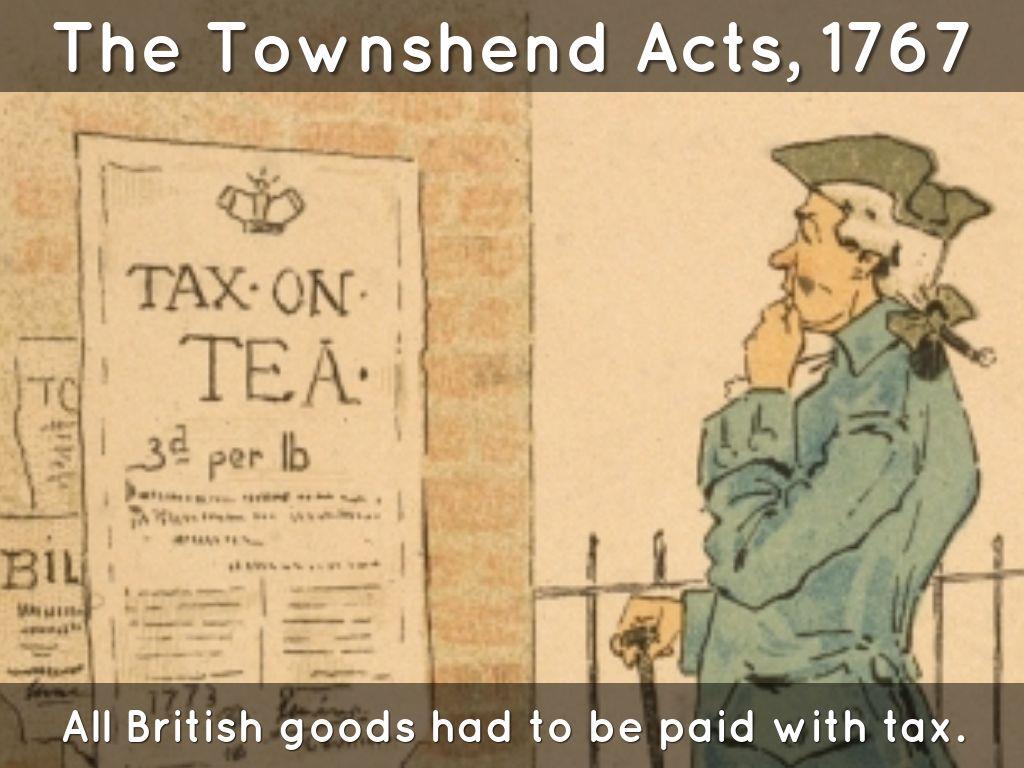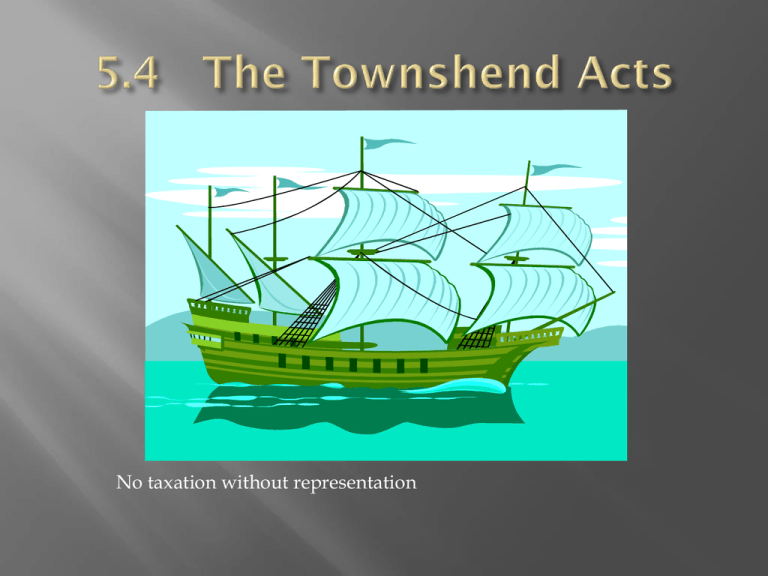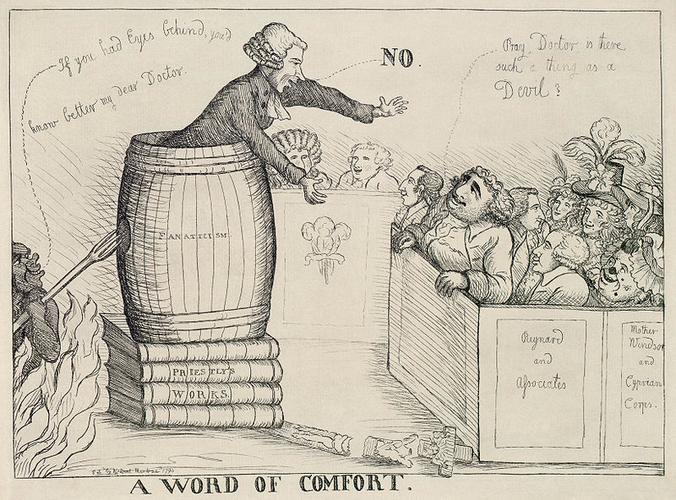Townshend Act Drawing
Townshend Act Drawing - They placed new taxes and took away some freedoms from the colonists including the following: Web the house of commons and the house of lords combine to form britain's parliament. They were met with widespread protest in the colonies, especially among merchants in boston. Earlier attempts to impose duties, such as the sugar act (1764) and the stamp act (1765) had resulted in violent protests. Which event of the french and indian war do. They bear the name of charles townshend, chancellor of the exchequer, who is—as the chief treasurer of the british empire—in charge of economic and financial matters. Colonial governments elected their own assemblies, passed laws, and created taxes and decided how to use them. Web figure 5.10 charles townshend, chancellor of the exchequer, shown here in a 1765 painting by joshua reynolds, instituted the townshend revenue act of 1767 in order to raise money to support the british military presence in the colonies. Web charles townshend, chancellor of the exchequer, shown here in a 1765 painting by joshua reynolds, instituted the townshend revenue act of 1767 in order to raise money to support the british military presence in the colonies. Web an act for discontinuing the duties on logwood exported; They placed new taxes and took away some freedoms from the colonists including the following: They bear the name of charles townshend, chancellor of the exchequer, who is—as the chief treasurer of the british empire—in charge of economic and financial matters. The townshend acts, or townshend duties, tried to establish the british parliament's right to tax the american colonies. Web. Having no representation in parliament, the american colonists saw the acts as. New taxes on imports of paper, paint, lead, glass, and tea. Web in 1767, with the passage of the townshend acts, a tax on consumer goods in british north america, colonists believed their liberty as loyal british subjects had come under assault for a second time. Colonial governments. Web the townshend acts of 1767 went a step further, taxing essentials such as paint, paper, glass, lead and tea. The first act was aimed at the new york assembly. Web townshend acts, series of four acts passed by the british parliament in 1767 in an attempt to exert authority over the american colonies. It was the second time in. Colonial governments elected their own assemblies, passed laws, and created taxes and decided how to use them. The townshend acts were named after charles townshend, chancellor of the exchequer (head of britain’s treasury). The first act was aimed at the new york assembly. Established an american customs board in boston to collect taxes. Web charles townshend, chancellor of the exchequer,. Web the townshend acts were a series of laws passed in 1767 by british parliament that restructured the administration of the american colonies and placed duties on certain goods being imported into them. For explaining such parts of two acts made in the tenth and twelfth years of the reign of queen anne, as relate to certain duties on silks,. For explaining such parts of two acts made in the tenth and twelfth years of the reign of queen anne, as relate to certain duties on silks, printed, painted, or stained, in great. They bear the name of charles townshend, chancellor of the exchequer, who is—as the chief treasurer of the british empire—in charge of economic and financial matters. Web. The fact that the revenue the townshend acts raised would pay royal governors only made the situation worse, because it took control away from. Web the townshend acts ( / ˈtaʊnzənd /) [1] or townshend duties were a series of british acts of parliament passed during 1767 and 1768 introducing a series of taxes and regulations to fund administration of. Web the acts and their effects. Which event of the french and indian war do. Charles townshend was a member of the house of commons when he convinced parliament to impose a new tax on the american colonies in 1767. Having no representation in parliament, the american colonists saw the acts as. Web figure 5.10 charles townshend, chancellor of the. Earlier attempts to impose duties, such as the sugar act (1764) and the stamp act (1765) had resulted in violent protests. They were met with widespread protest in the colonies, especially among merchants in boston. They placed new taxes and took away some freedoms from the colonists including the following: They were composed of the suspending act, the townshend duties. Web the townshend acts, passed in 1767 and 1768, were designed to raise revenue for the british empire by taxing its north american colonies. Web the townshend acts were a series of laws passed by the british government on the american colonies in 1767. Web the townshend acts of 1767 went a step further, taxing essentials such as paint, paper,. Web the townshend acts, passed in 1767 and 1768, were designed to raise revenue for the british empire by taxing its north american colonies. After the stamp act was repealed, the relationship between england and the american colonies was still shaky. They bear the name of charles townshend, chancellor of the exchequer, who is—as the chief treasurer of the british empire—in charge of economic and financial matters. It was the second time in the history of the colonies that a tax had been levied solely for the purpose of raising revenue. Which event of the french and indian war do. Web charles townshend, chancellor of the exchequer, shown here in a 1765 painting by joshua reynolds, instituted the townshend revenue act of 1767 in order to raise money to support the british military presence in the colonies. Web on 29 june 1767 parliament passes the townshend acts. Web the revenue act thus appeared to sever the relationship between governors and assemblies, drawing royal officials closer to the british government and further away from the colonial legislatures. Earlier attempts to impose duties, such as the sugar act (1764) and the stamp act (1765) had resulted in violent protests. The first act was aimed at the new york assembly. For taking off the duties on succus liquoritiae imported, and for granting other duties in lieu thereof; They were composed of the suspending act, the townshend duties (revenue act), the act that created the board of the customs commissioners, and the indemnity act. Web townshend acts, series of four acts passed by the british parliament in 1767 in an attempt to exert authority over the american colonies. The townshend acts were named after charles townshend, chancellor of the exchequer (head of britain’s treasury). New taxes on imports of paper, paint, lead, glass, and tea. Having no representation in parliament, the american colonists saw the acts as.
The Townshend Act by Mrs McKinnon

Room 5 U.S. History The Townshend Acts

Townshend Acts Definition, Facts & Purpose

10 Facts About the Townshend Act Have Fun With History

Townshend Act by jackson.stafford

Townshend Act , June 29, 1767 Sutori

5.4 The Townshend Acts

1767 The Townshend Act

Pin on CS 5th

The Townshend Acts were acts passed by Parliament in 1767 to tax
Web Updated On February 02, 2022 The Townshend Acts Were Four Laws Passed By The British Parliament In 1767 Imposing And Enforcing The Collection Of Taxes On The American Colonies.
The Townshend Acts, Or Townshend Duties, Tried To Establish The British Parliament's Right To Tax The American Colonies.
Established An American Customs Board In Boston To Collect Taxes.
Web The Townshend Acts Were A Series Of Laws Passed In 1767 By British Parliament That Restructured The Administration Of The American Colonies And Placed Duties On Certain Goods Being Imported Into Them.
Related Post: